Tiny entryway, narrow long hallway, or spacious foyer—it doesn’t matter what you have. The scent you choose for your home and place in the entry area will be the first and last element you and your guests encounter. Scents often work in the interior like colors and other visual tricks. Light, unobtrusive fragrances can expand the space, making it more airy. Heavy, rich scents, on the contrary, will make the room more cramped and darker.
Cotton
The smell of cotton—calm, cozy, perfect for home fragrance. It’s not pronounced, but, wafting in the air, it makes the space pleasant, welcoming, warm. Importantly, it’s a harmless scent that surely won’t irritate anyone—no matter who visits. You can use it not only in the entryway but also maintain it with candles or diffusers in other rooms—it won’t wear out its welcome with the household.
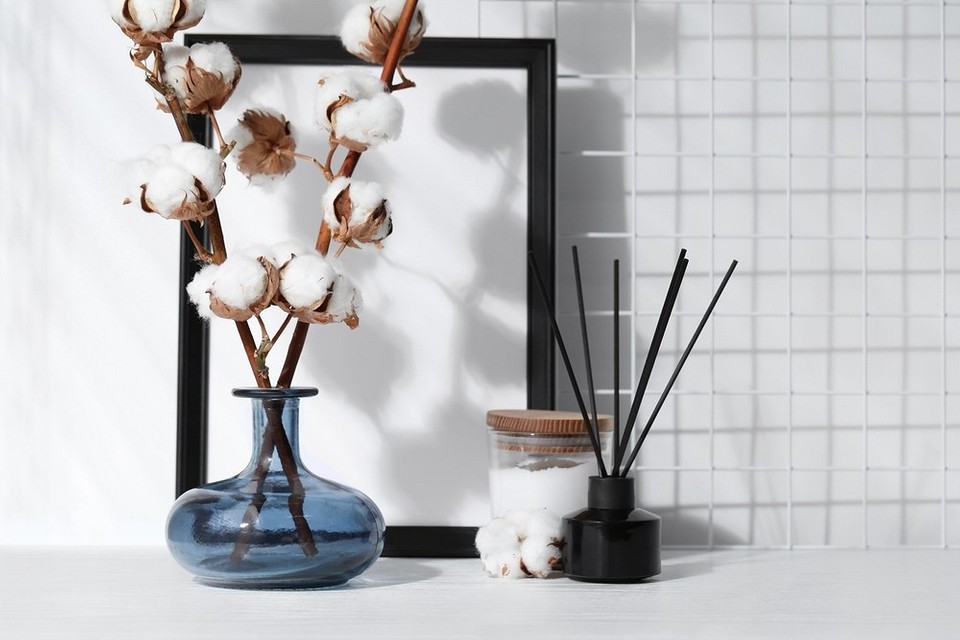
Light Floral Notes
The smell of flowers might associate with something bright, juicy, and even tangy. However, for a living space, such intense notes won’t fit; better to choose more subdued bouquets—those exist too. Jasmine, orange blossom, rose, peony—the floral scents that don’t overpower but create a pleasant ambiance. Entering the apartment, guests will step into a light cloud of floral notes. If you want a more pronounced effect and the entryway is a bit away from living quarters, you can intensify the scent by adding more sticks to the diffuser or dropping more essential oil drops—depending on the method of aromatization.
Vegetation
Bamboo, green tea, rosemary, and other plant notes will give the apartment a sense of freshness. Placing a scent diffuser with one of these scents near the entrance and supporting it in the living room, for example, can enhance the effect of a recently conducted cleaning. The apartment will be imbued with freshness, creating an atmosphere of order.
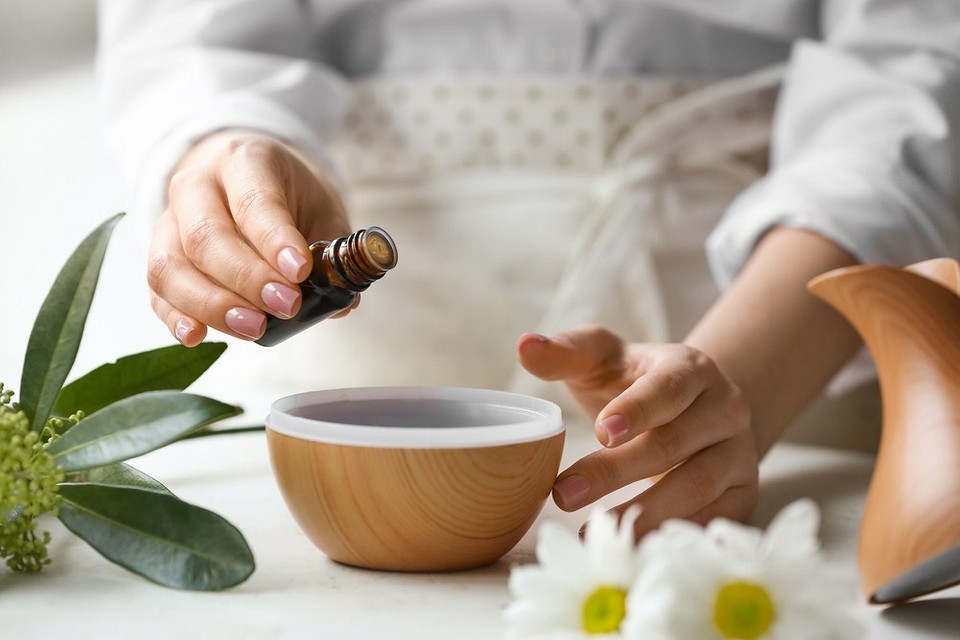
Nature
Nature’s scents are subconsciously well-received by the sense of smell and the brain. Guests, upon entering the apartment, may not immediately catch and identify the scent, but a positive impression is already formed. Cut grass, air after the rain, a summer evening, spring flowers, or even freshly fallen snow—hardly anyone would find these scents unpleasant. As the range of aromas is quite wide, also orientate according to the season. For instance, grassy—for spring and summer, snowy—for winter.
Spices
Note that spicy scents may not be to everyone’s liking and are probably not appropriate during the hot summer. In autumn or winter, however—excellent choice. Vanilla is the most popular option. If you like its scent, then confidently use it for fragrancing the apartment—a wow effect guaranteed. Cinnamon, coriander, sandal will also impress guests, but it’s better if these scents stay within the entryway and don’t penetrate into the bedroom—they might disturb sleep. Moreover, since they’re quite active, start with minimal intensity—a couple of drops of essential oil, 1-2 sticks, the weakest mode of an auto diffuser.
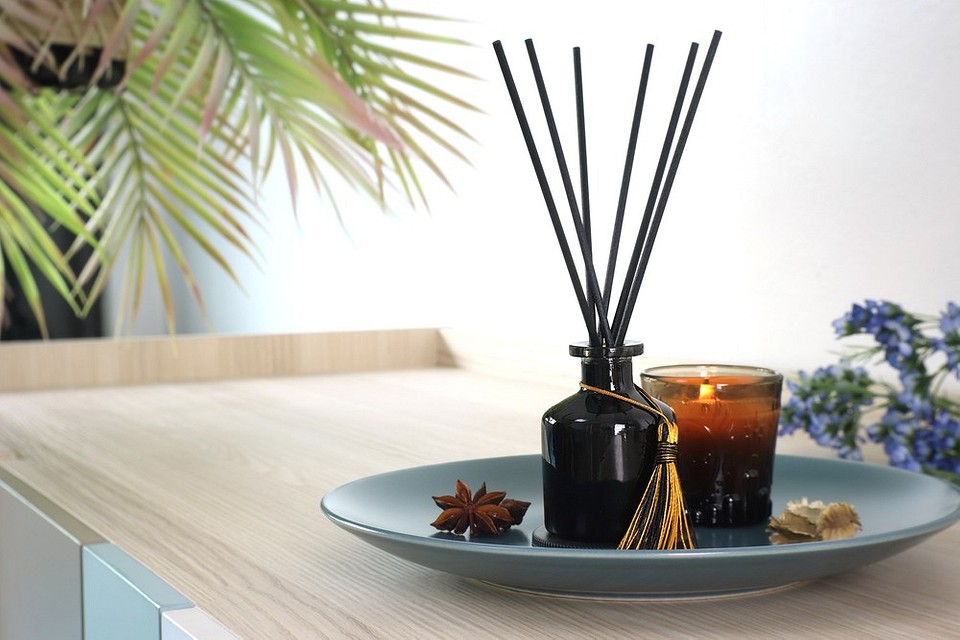
Fruits
Sweet, but not tart fruit scents—another wonderful option for impressing guests with a pleasant home atmosphere and not tiring of the scent yourself. Within this category, there’s also a broad selection. For example, for the colder time of the year, choose something sweeter: passion fruit, peach, mango. For summer, on the contrary—refreshing scents with a hint of sourness: lime, orange, kiwi, grapefruit, plum. Though this division is quite arbitrary, and you can just go by your preferences.
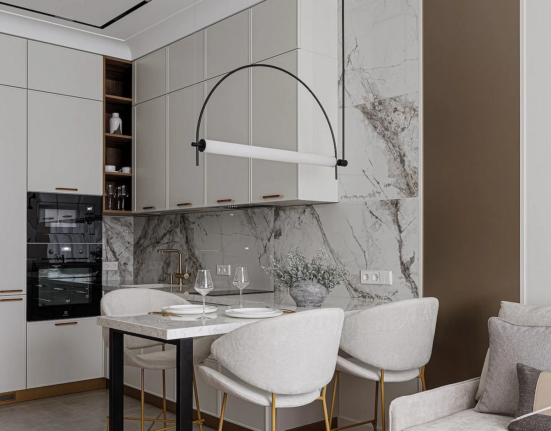

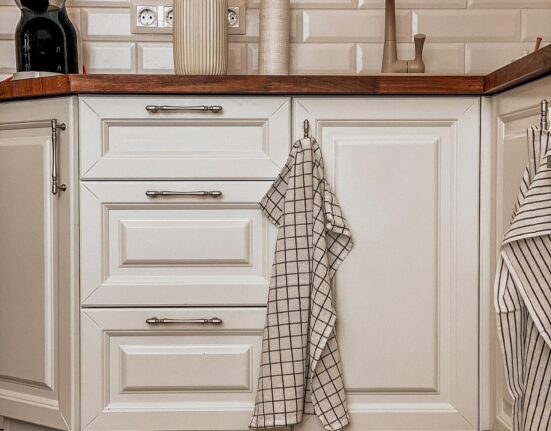



Leave feedback about this